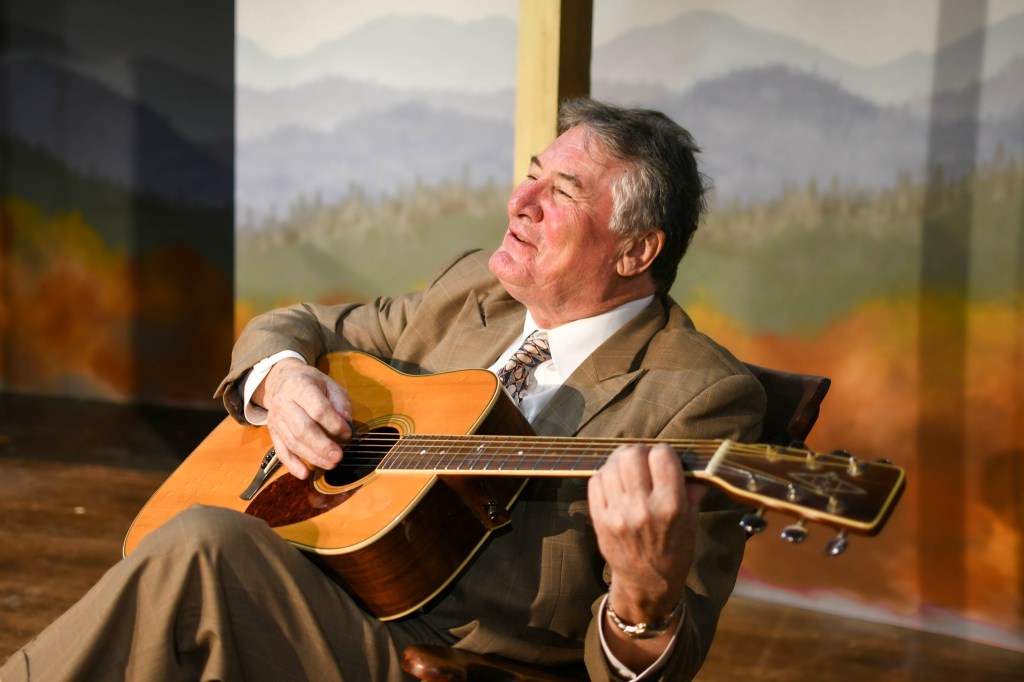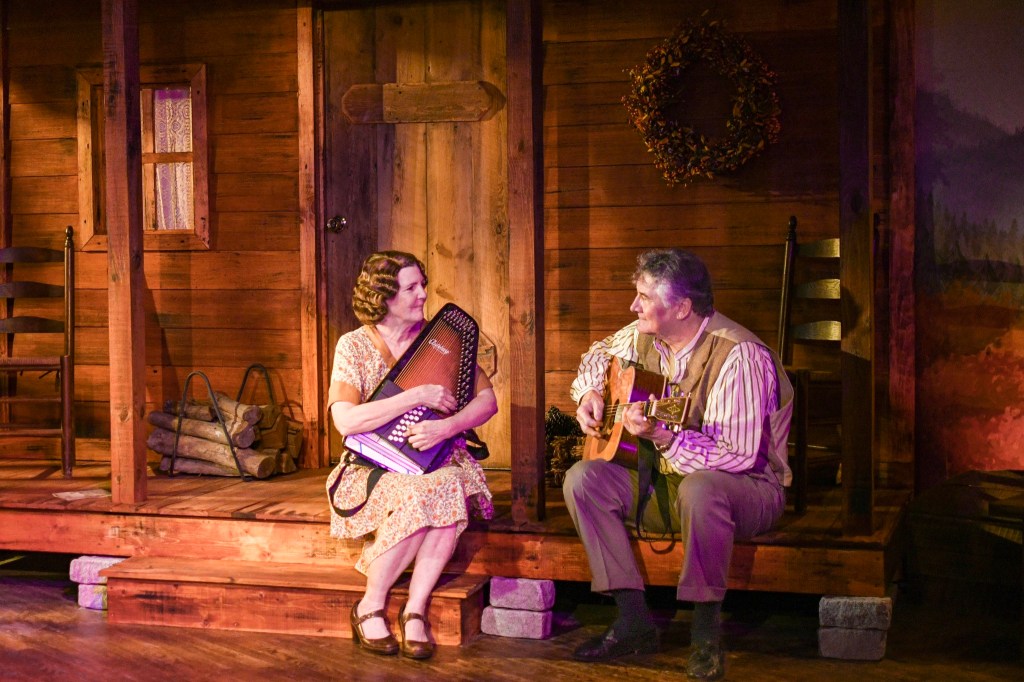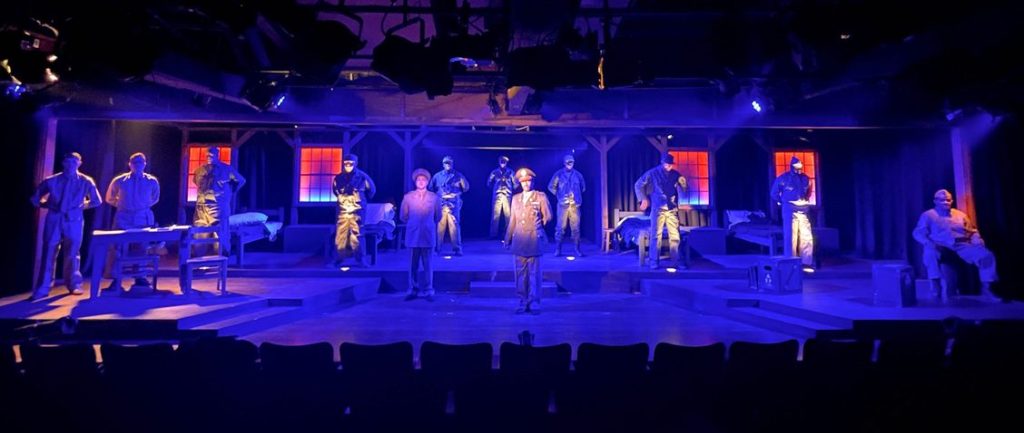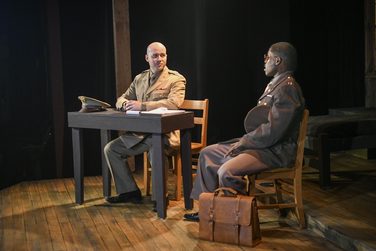Or, Behind Every Great Dumbass are Seven Women Trying to Keep Him Alive
A Regional Premiere
By: Virginia Repertory Theatre (Virginia Rep)
At: The Sara Belle and Neil November Theatre | Marjorie Arenstein Stage
When: September 1 – October 1, 2023
Ticket Prices: $39-$59. (Discounted group rates and rush tickets available)
Info: (804) 282-2620 or www.virginiarep.org
It’s been a long time since I’ve laughed this much, this long, this loud. Selina Fillinger’s POTUS is the best kind of comedy: physical, political, slapstick, irreverent, giddy, bawdy, inclusive. I could go on but I think using more than seven adjectives in one sentence is breaking some kind of law.
If the subtitle didn’t clue you in, it only gets worse from there (and by worse I mean better). If you’re the type to clutch your pearls, you’d better leave them at home because by the end of POTUS they’ll be rolling down the aisles.
Oh, and one more thing about that subtitle. Yes, there are seven women working together – despite their diverse agendas – but that part about whether they are trying to keep the POTUS alive does come into question. That’s all I can say about that without giving away too much.
What I can say is that Fillinger has written a witty and timely play and it was performed by a superb and diverse ensemble – some familiar and some not – consisting of Elizabeth Byland, Liv Clayton, Sonja Durant, Anne Michelle Forbes, Bree Ogaldez, Catherine Shaffner, and Denise Simone. Looking at the understudies (see below) I would love to see the show again with the understudies in the key roles – there are some powerful, familiar names in that list, as well.
Loosely, the plot of POTUS involves the women of the President’s inner circle coming together to patch up his most recent political gaffe. Crudely referring to his wife during a press conference as having a “c**ty day,” the POTUS sets in motion an international disaster with potentially deadly consequences.
There truly are no leading roles in POTUS, but for me, Elizabeth Byland, in the role of Stephanie, the President’s Secretary, stood out for her physical comedy and her comedic timing. The role of the meek secretary who is obviously in over her head could be a recipe for disaster, but in Byland’s expert hands it is pure comedic genius. Loved her. According to her bio, she is the Head Professor of Improv at VCU. What a treat her classes must be! Loved her – yes, I said it twice and I meant it!
I also adored Catherine Shaffner as Bernadette, the President’s sister. Big, loud, and brash, Bernadette appears fresh out of prison on a felony charge, still wearing her ankle monitor, and carrying a duffle bag filled with “pharmaceuticals” and other tools that will come in handy during the course of the day. Shaffner guides her character through a perfect combination of unfettered chaos and much needed life skills that usually are not acquired in a liberal arts undergraduate program.
Sonja Durant was something of a beautiful enigma as Margaret, the First Lady. Durant’s tall slender frame was always draped in red – first a classy business pant suit, and later a fancy dress – but throughout she wore white Crocs on her feet to make herself appear “earthy.” Smart, composed, and apparently in command of the ability to icily detach herself from her emotions at will, Durant’s First Lady seemed very much authentic.
As the President’s press secretary, Jean, Anne Michelle Forbes skillfully navigated the insanity of the White House shenanigans, juggling professional interactions and personal relationships with the President’s sister (I didn’t see that coming!) and a beleaguered female White House reporter, Chris (played by Bree Ogaldez, seen recently in The Carole King Musical), a new mother who was constantly seeking opportunities to pump her overflowing breasts. A familiar face on local stages, this was Forbes’ November Theatre debut.
As Harriet, the President’s Chief of Staff, Denise Simone’s role seemed a bit more subdued than the others. At times she appeared to be the “straight man” who enhances the comedic projections of those around her. Simone returns to Virginia Rep after a turn contributing to the theatre community in Idaho. And last but not least, newcomer Liv Clayton made her professional debut in the role of Dusty, the President’s young girlfriend who has been invited to the White House to apply for a “position.” I am sure Clayton is really good at her role, but I just found Dusty so annoying with her cheerleader moves that I almost overlooked the character’s innate kindness and corn-fed street smarts.
Set in the White House, a series of functional and somewhat minimalist sliding sets (credit Chris Raintree for the scenic design and Steve Koehler for the lighting) keeps the focus on the actors. The only time the set seemed to intrude into my consciousness was during a madcap chase scene when the set seemed too small to allow the actors full range. Kudos to director Dorothy Holland and the dynamic ensemble for keeping it moving. There was not a dull moment in either act.
Julinda D. Lewis is a dancer, teacher, and writer who recently had both knees replaced due to a manufacturer’s recall. Born in Brooklyn, NY, she now lives in Eastern Henrico County where she can be found kicking up her heels as best she can any day of the week.
POTUS
Or, Behind Every Great Dumbass are Seven Women Trying to Keep Him Alive
By Selina Fillinger
Directed by Dorothy Holland
Cast
Stephanie …………………………… Elizabeth Byland*
Dusty …………………………………. Liv Clayton
Margaret ……………………………. Sonja Durant
Jean …………………………………… Anne Michelle Forbes
Chris ………………………………….. Bree Ogaldez
Bernadette ………………………… Catherine Shaffner*
Harriet ………………………………. Denise Simone*
Stephanie u/s ……………………. Juliette Aaslestad
Jean u/s …………………………….. Juliana Caycedo
Bernadette u/s ………………..… Kelsey Cordrey
Dusty u/s …………………………… Emily Dandridge
Margaret u/s ……………………… Jianna Hurt
Chris u/s ……………………………… MacKenzie Sheppard
*Member of Actors’ Equity Association
+Member of USA, United Scenic Artists
^Member of the Stage Directors and Choreographers Society
Direction & Design
Direction ……………………………… Dorothy Holland
Scenic Design ……………………… Chris Raintree
Costume Design ………………… Elizabeth Weiss Hopper
Lighting Design …………..……… Steve Koehler
Sound Design …………………….. Tosin Olufolabi
Stage Management ………….. Donna Warfield*
Ticket Information
Box Office: (804) 282-2620
Tickets range from $39 – $59
Discounted Group Rates and Rush tickets are available.
Run Time
The play runs for 1 hour 30 minutes, plus one 15-minute intermission.
Photo Credits: Aaron Sutten
VA-REP Covid Safety Statement
Virginia Rep encourages wearing masks for our patrons’ safety, but we do not require that you wear a mask in our lobbies or within the theatres. They are now optional. We continue to follow CDC guidelines and local risk levels. All Virginia Rep staff will continue to wear masks while serving you.
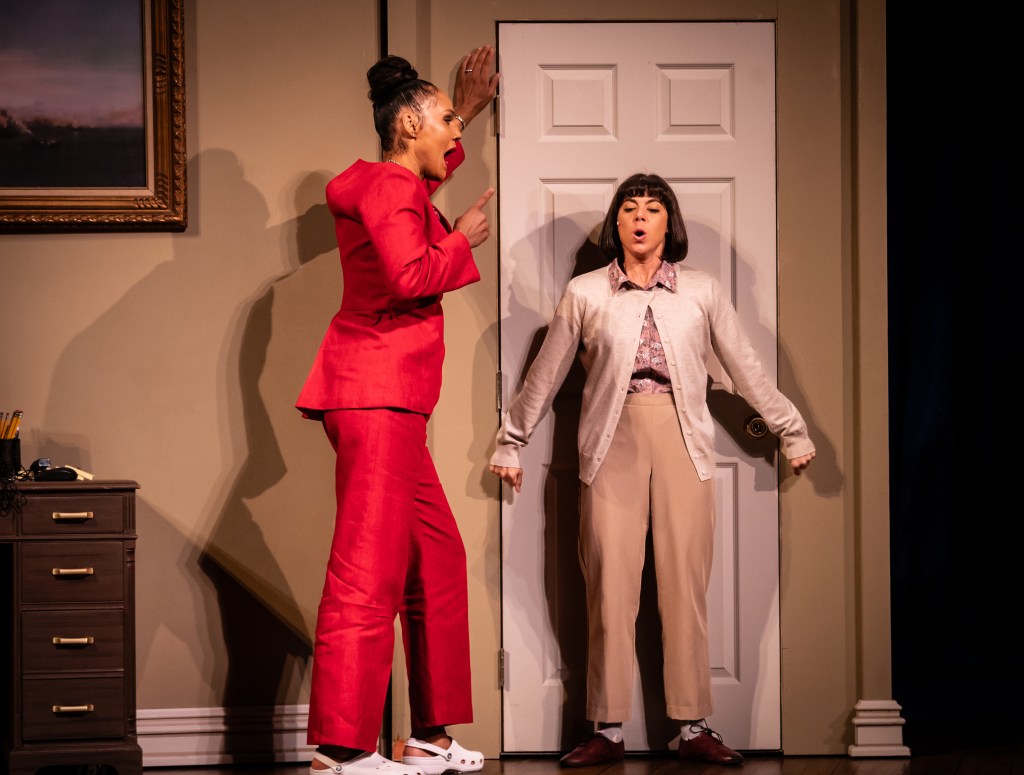
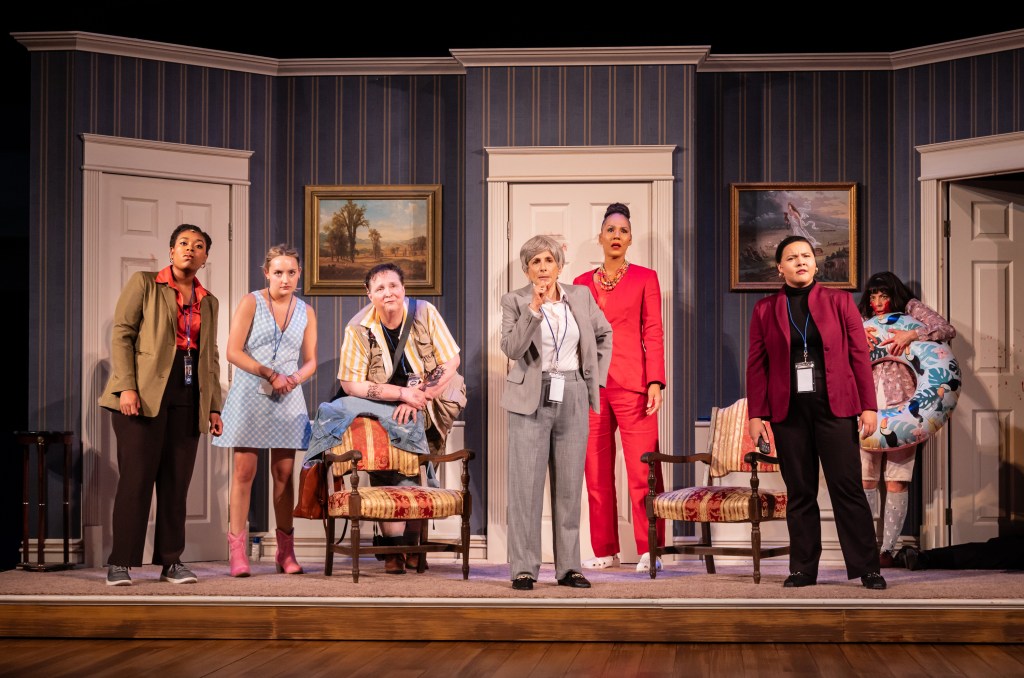
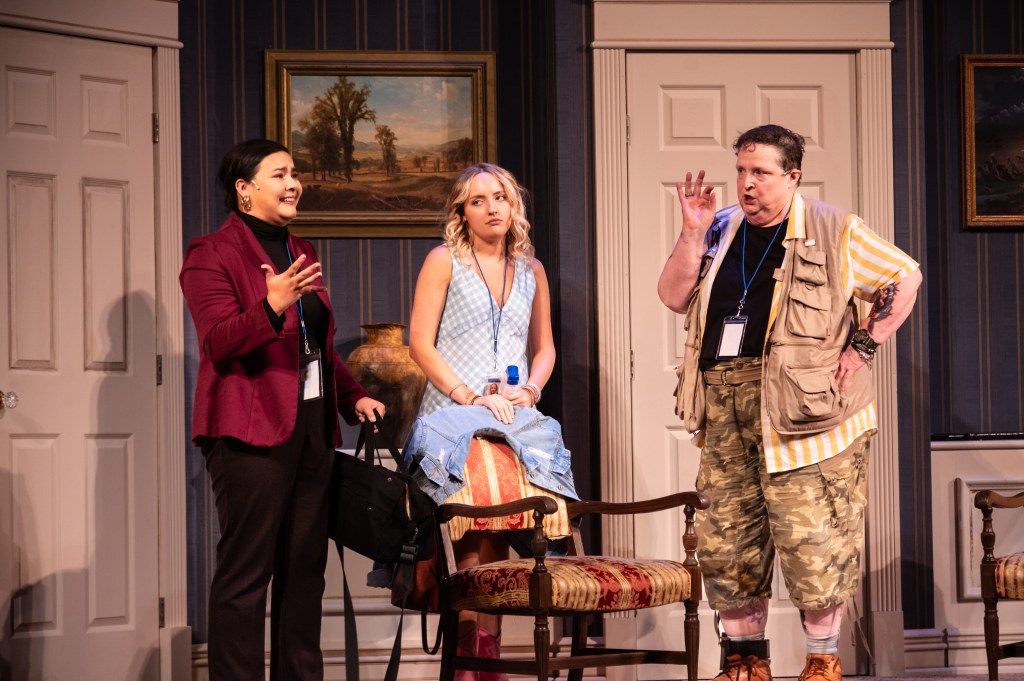
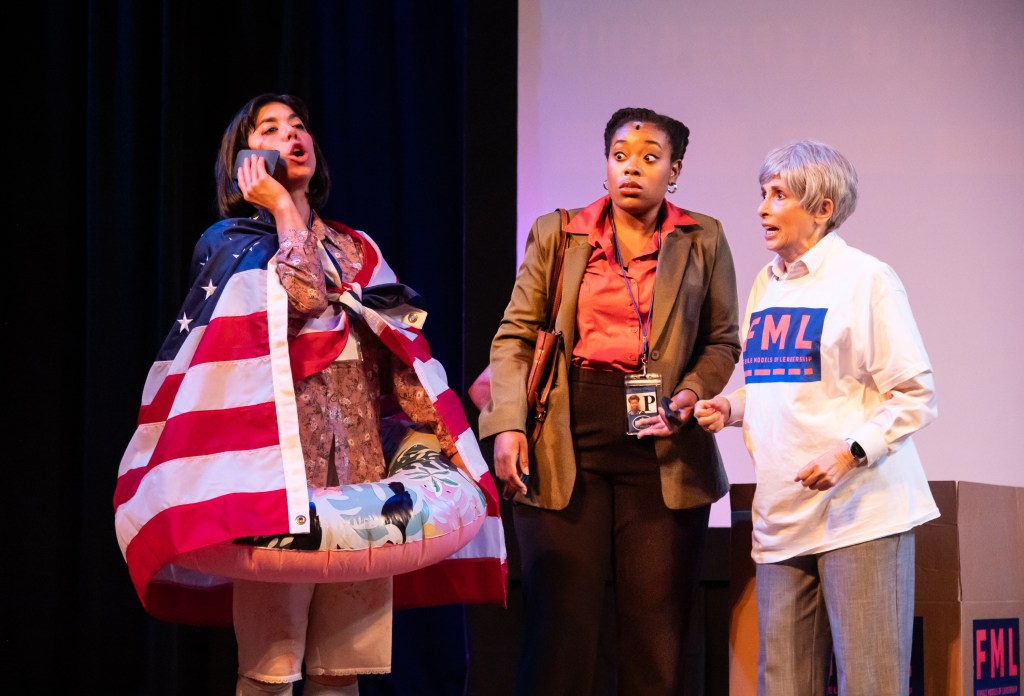
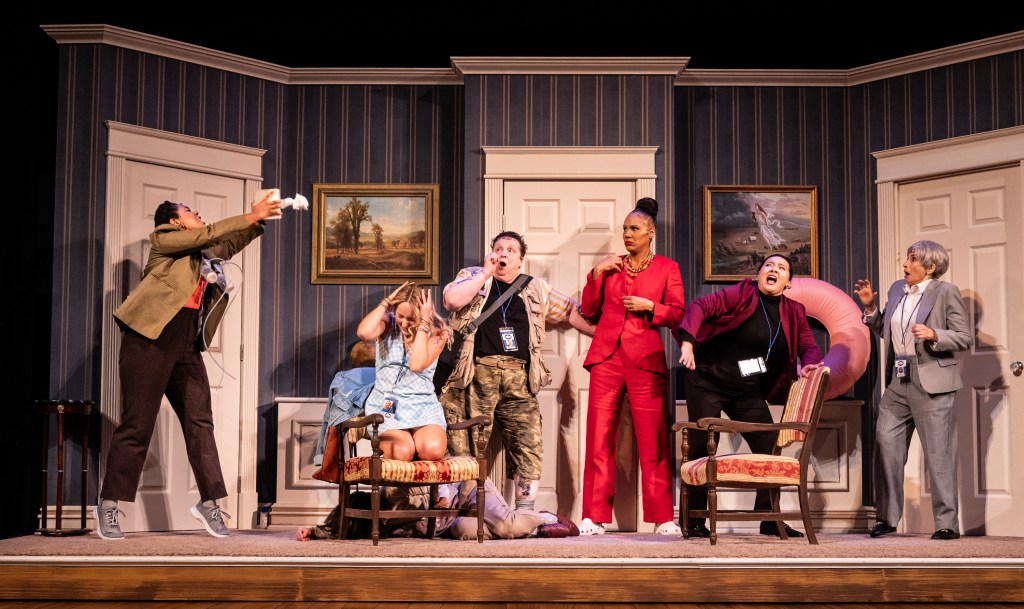
do you enjoy rvart review?
Make a one-time donation to show your love
or – Make a monthly donation
or – Make a yearly donation
Choose an amount
Or enter a custom amount
Your contribution is appreciated.
Your contribution is appreciated.
Your contribution is appreciated.
DonateDonate monthlyDonate yearly



